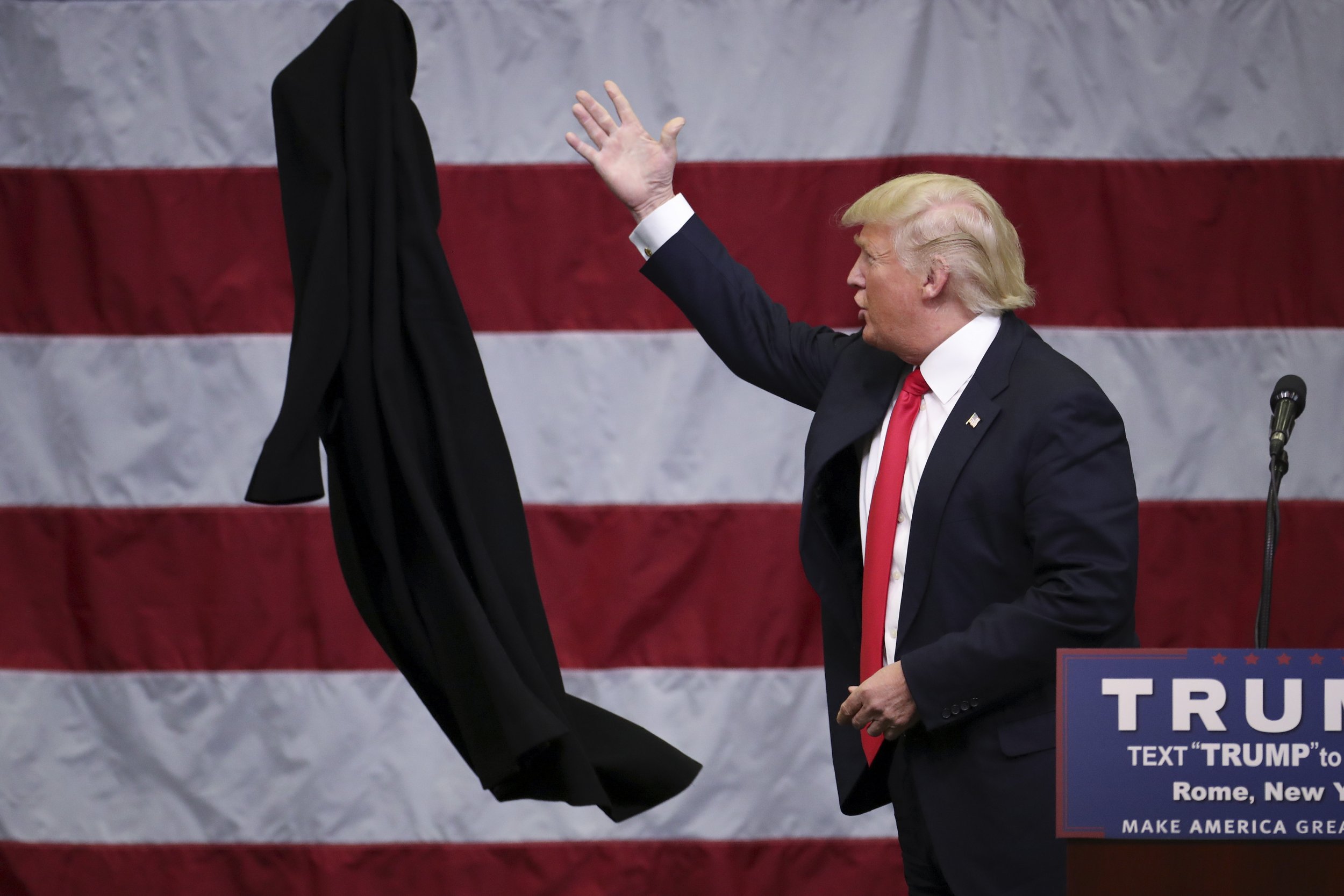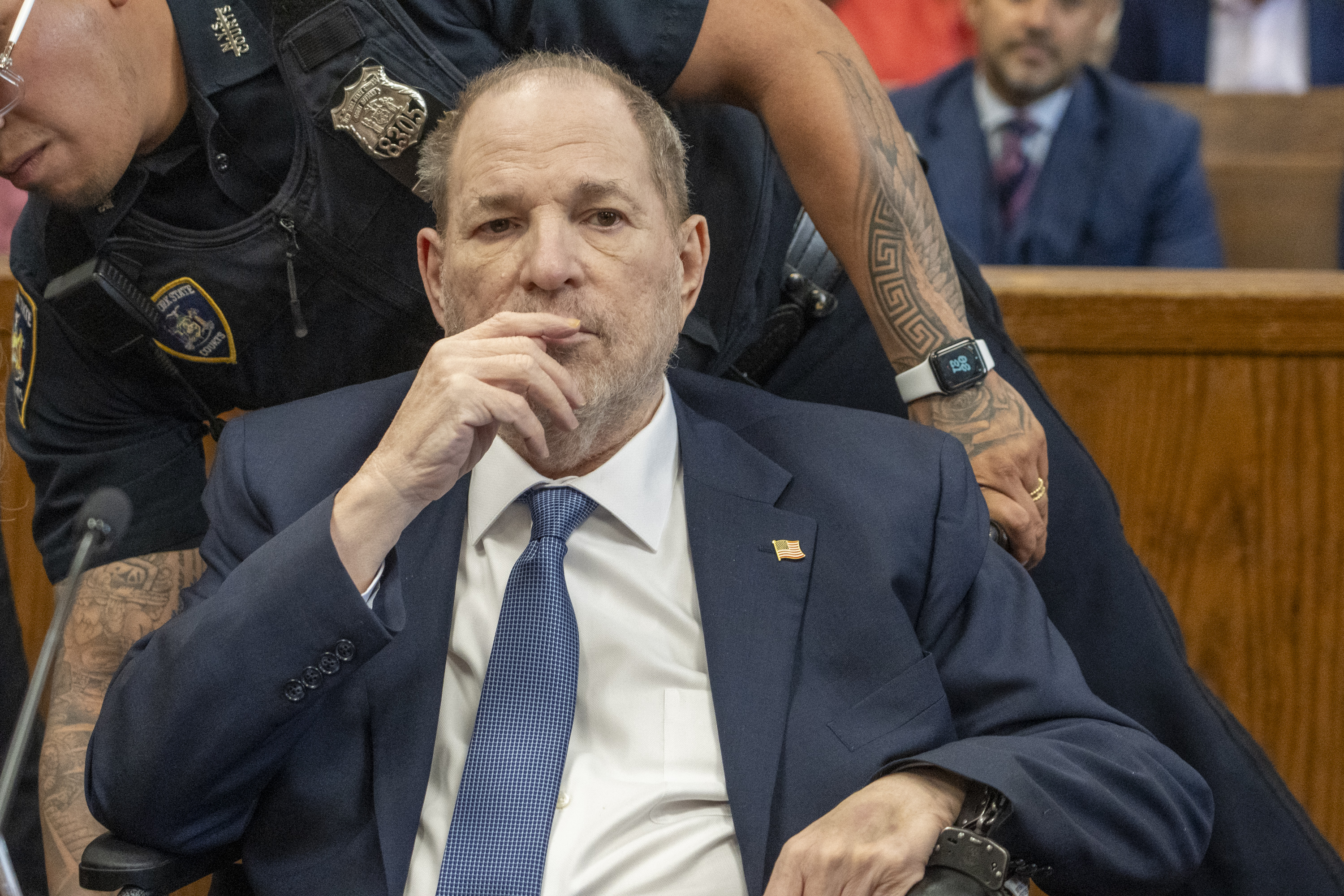
This article first appeared on the London School of Economics site.
Foreign policy often takes a back seat in U.S. presidential elections. Voters are typically more concerned about domestic "pocketbook" issues when they cast their ballots in November.
This year could be different. Terrorism, trade and NATO have already found their way into the presidential campaign.
Democratic front-runner Hillary Clinton is touting her international experience while distancing herself from President Obama's trade agenda in Asia and Europe.
Republican presidential hopefuls Donald Trump and Ted Cruz have slammed Obama's policies toward China, Iran and Syria as feckless and misguided, even if they disagree with each other over what to do differently as president.
Some of the campaign rhetoric can be dismissed as election year posturing. But the rhetoric does raise deeper questions about what kind of foreign policy we might expect the next president to pursue and what that might mean for U.S. engagement in Europe, Asia and other regions.
While there are good reasons for thinking that the United States will uphold essential commitments no matter which party wins the White House, both parties will be under pressure to avoid taking on new commitments, and to scale back where possible.
Support for free trade, military alliances and international institutions can no longer be taken for granted in either party.
One reason for this is that Americans are no longer convinced that internationalist policies are in the country's best interest. Rightly or wrongly, they see cheap Chinese imports, illegal Mexican immigrants and "free-riding" NATO allies as evidence that internationalist policies that once worked for America are no longer paying the same kind of economic dividends for the country, or for individual American voters.
Moreover, they blame Washington for failing to get things right, internationally as well as domestically. Today, over 60 percent of Americans think government does not care about them. Moreover, two-thirds of voters think that "the system" favors the wealthy.
This is not the first time complaints about "trade unfairness" or illegal immigrants or stingy allies have found their way into U.S. presidential campaigns. Yet these issues have never gained the kind of political traction with voters that they have in this electoral cycle—at least not in the modern era.
Much of this has to do with the fact that many Americans have not benefited from the economic recovery. But it also reflects Americans' growing sense that the U.S. can afford internationally to scale back—that at a time when America does not face a peer competitor, the strategic risks in "doing less" are relatively low and manageable.
Internationally, the United States now enjoys a great deal of "geopolitical slack," or geopolitical latitude. While China should be watched, it does not pose a Soviet-style threat to American interests. ISIS is an ongoing challenge, but it too does not pose an existential challenge to American security.
Obama recently echoed this view in his much discussed interview in The Atlantic Monthly. A recent Gallup Poll bears him out: Americans are much more worried about the state of the economy than they are about foreign threats.
What will this mean for U.S. foreign policy going forward? Should we expect the next president to trim America's sails?
This much is already clear: Any president who wants to pursue an active internationalist agenda in 2017 will face stiffer political odds than his or her predecessors did. In my view, the main strategic challenge facing the next president will be figuring out how to reconcile the international demand for continued U.S. leadership with America's shrinking domestic political willingness to supply it.
Exactly how he or she will do this is hard to predict. But the overall strategy is likely to be similar to Obama's approach.
Like Obama, the next president, Democrat or Republican, will look for ways to prioritize and economize internationally. This will likely mean greater emphasis on core strategic interests (e.g., protecting the maritime commons) and less on peripheral ones (e.g., democracy promotion); more attention to East Asia and Central Europe and less on the Middle East; and greater emphasis on burden sharing and less on nation building.
For those who see America's vast array of overseas commitments as wasteful, unnecessary and risky, this will be welcome news. Better to get allies and friends to do more of the international heavy lifting by taking away their American security blanket and forcing them to fend for themselves.
For those who worry about the potential downside risks of a smaller American geopolitical footprint (e.g., regional instability), how and where those commitments are redrawn will be of critical importance.
Concerns about the future of America international engagement are now rife in London, Berlin, Tokyo and other international capitals. Given political trends inside the United States, these worries are unlikely to disappear anytime soon.
There is some irony in this. After all, it was only a little over a decade ago that America's closest allies worried about the risks of being too closely aligned to a hyperactive United States. In the next four years, we are likely to hear less about the risks of grand U.S. designs and more likely to hear about fears of American abandonment.
Peter Trubowitz is professor of international relations at the London School of Economics and director of its US Centre.
This article gives his views and not the position of USAPP–American Politics and Policy, nor the London School of Economics.
Uncommon Knowledge
Newsweek is committed to challenging conventional wisdom and finding connections in the search for common ground.
Newsweek is committed to challenging conventional wisdom and finding connections in the search for common ground.
About the writer
To read how Newsweek uses AI as a newsroom tool, Click here.








